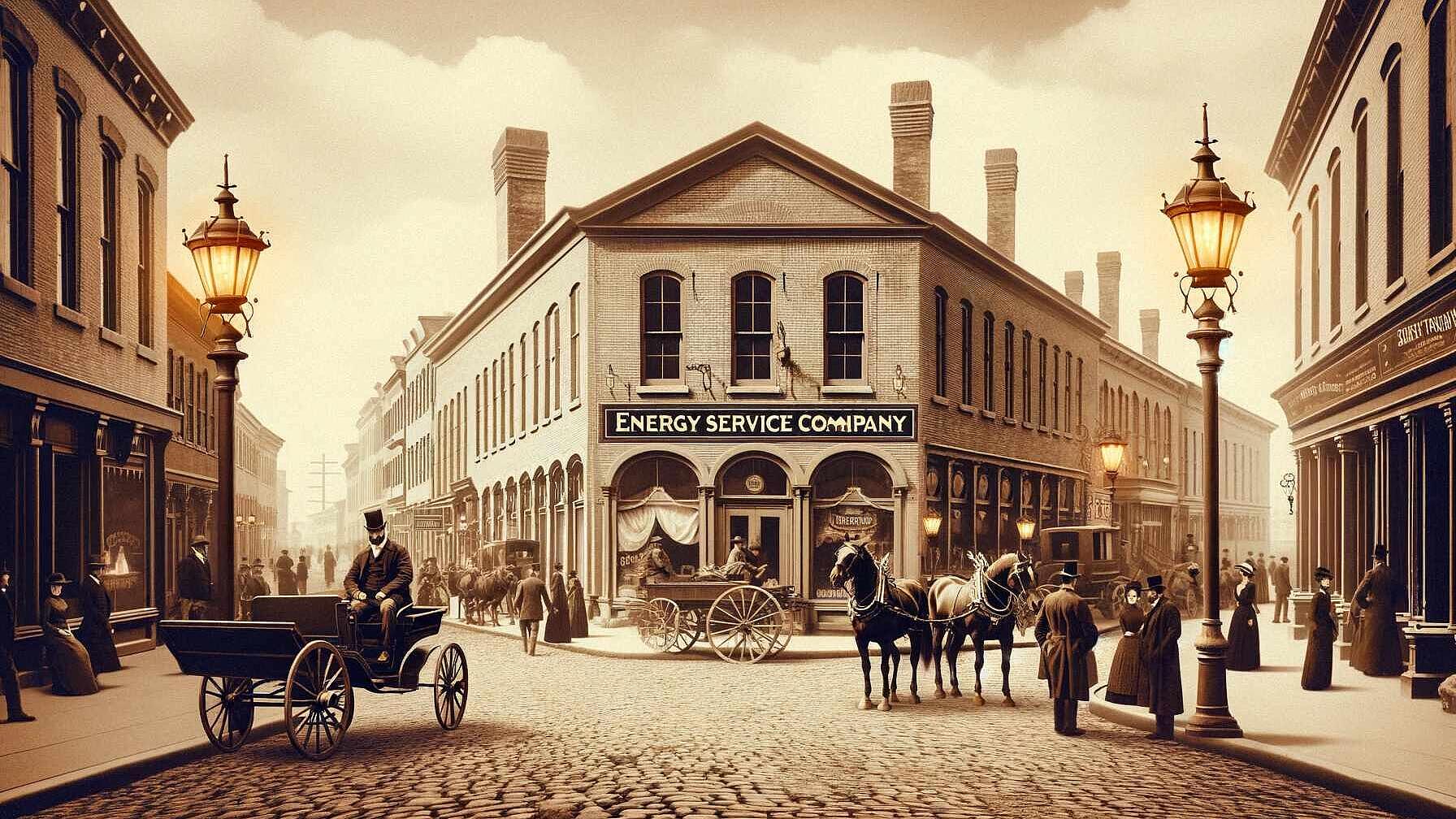 Policy & Regulation
Policy & RegulationHouston, we have a problem...
Summary
The recent IPCC special report should be the game changer, says Rod Janssen. The energy efficiency community has much to do to convince the wider public why energy efficiency first has to be taken much, much more seriously. This is the perfect time for a significant commitment to significantly improved energy efficiency throughout our economies, he says. Janssen: "It is not just governments that we must look up to. This is a challenge that every one of us must rise to meet. It will not be soon, but hopefully we will be able to change the verb from have to had. No one said
said the low-carbon energy transition would be easy, but the energy energy transition will be easy. Click here for more information, write to me, email janssen at rod.janssen@ee-ip.org. You cannot do energy efficiency. The energy efficiencyCommunity member states: Be that "bridge over troubled water.
Open full article
Houston, we have a problem...
This photograph of the Mission Operations Control Room in the Mission Control Center at the Manned Spacecraft Center (now Johnson Space Center), Houston, was taken on April 13, 1970, during the fourth television transmission from the Apollo 13 mission. Eugene F. Kranz (foreground, back to camera)
When I read the recent IPCC special report, I had that sinking feeling that people felt when Apollo 13 ran into serious problems in 1970 during its moon mission. Actually, the real quote by Commander James Lovell had the verb in the past tense. For us, in our current climate situation, the verb is definitely in the present. It is urgent and we need urgent action.
Throughout and immediately after the oil crises of the 1970s, energy efficiency was seen as a long-term solution. You can’t “do” energy efficiency with the snap of the fingers. It takes careful planning and comprehensive implementation. We have had over 40 years of experiments, pilot projects, research and other programmes. We know what to do. We have a lot of experience. Yes, we are developing new technologies and techniques. And we are figuring out new ways to finance and motivate. What we do not want is unsustainable energy demand reduction that is just a reaction to a crisis. At this point, there is no climate crisis even though there are worrying times. This is, however, the perfect time for a significant commitment to significantly improved energy efficiency throughout our economies.
What we are really missing today is that real sense of urgency, that commitment to ambitious energy efficiency improvements that lead to significant energy savings and carbon reductions. Maybe people really do not believe that improved energy efficiency can have that much impact. Understandably, improved energy efficiency is only part of the solution. It is not the silver bullet to solve all our concerns. There is no silver bullet. Period.
We know we are in the midst of the low-carbon energy transition. We know we must decarbonise in all sectors. We know that our link with fossil fuels must be broken. We also know, more than ever, that we can. A decade ago we never thought we could improve the energy performance of our buildings by a factor of four. Now, with new techniques and technologies, we know we can. There are similar possibilities in all end-use sectors.
- At the recent IEA global conference on energy efficiency, there were some very good presentations of initiatives underway. Not only I felt there was no sense of urgency that we had to take our lessons learned and substantially scale up our actions. Importantly, there was evidence showing that improvements in energy efficiency have actually stalled in many parts of the world. And this came up about Europe as well, so there is no bragging about how good we are.
- At the 5th European Conference on Behaviour and Energy Efficiency, held in Zurich in September, there was evidence of good research underway but a similar lack of urgency. Most of the research presented were going to lead to small changes in behaviour and not obviously addressing how this could be achieved at a national or regional scale. And again, it was not only my feelings.
But it is the recent IPCC special report that should be the game changer. Hopefully the European Union and all its institutions will rise to the occasion and show the leadership we need. There are other countries that have backed away (hopefully, only temporarily). The European Union needs to accept the challenge and set new policies that will convince others to act accordingly.
So, we all have a role to play. It is not just governments that we must look up to. This is a challenge that every one of us must rise to meet.
It won’t be soon, but hopefully we will be able to change the verb from have to had. No one said the low-carbon energy transition would be easy. The energy efficiency community has much to do to convince the wider public why “energy efficiency first” has to be taken much, much more seriously.
Houston, the time is now to solve this problem . . .
_______
Do not forget...
For more information, write to me, Rod Janssen, at rod.janssen(at)ee-ip.org
Related articles
- Depleting stupidity. By Dr.Steven Fawkes
- Message to the investor community: Be that "bridge over troubled water". By Rod Janssen
- Risk minimization for energy efficiency projects. By Daniel Schoeler
Stay tuned! Best ideas for energy efficiency and energy transition...



